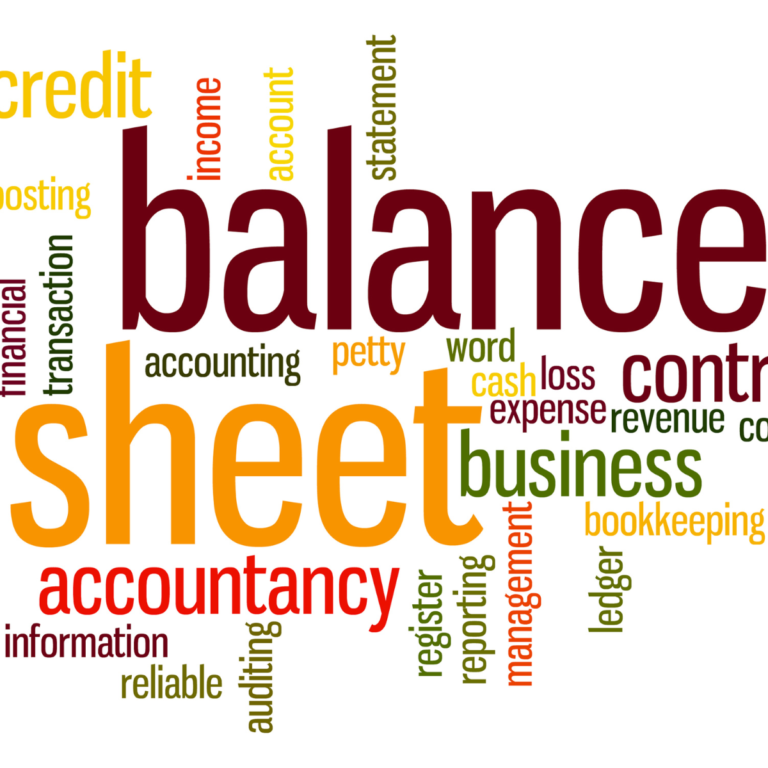What is a Balance Sheet?
A balance sheet is a financial statement that provides a snapshot of a company’s financial position at a given point in time. It is used to show the company’s assets, liabilities, and shareholder equity. The balance sheet is referred to by this name because it must always balance; meaning, the total assets must equal the total of liabilities and shareholder equity.

Assets
Assets are resources that a company owns and has control over, such as cash, accounts receivable, inventory, investments, property, and equipment. Assets are listed in order of liquidity, in other words the items that can be converted to cash the fastest are listed first.
Liabilities
Liabilities are obligations that the company owes to others, such as loans, accounts payable, and taxes owed. Liabilities are listed in order of maturity, meaning the debts that are due sooner are listed first.
Shareholder Equity
Shareholder equity represents the amount of a company’s financing that comes from its shareholders. It is the remaining interest in the assets of an entity after deducting liabilities. This can include common stock, retained earnings, and any accumulated comprehensive income.
Why is the Balance Sheet Important?
A balance sheet is an important financial statement for several reasons:
- Provides a financial snapshot – a balance sheet provides a snapshot of a company’s financial position at a specific point in time, which is useful for tracking its financial performance over time.
- Evaluates solvency – by comparing a company’s assets and liabilities, the balance sheet helps evaluate its solvency or ability to pay its debts.
- Supports decision making – the balance sheet provides valuable information to company management for making informed decisions about resource allocation and risk management. For example, a strong balance sheet may give management the confidence to invest in growth opportunities, while a weak balance sheet may indicate the need for cost-cutting measures.
- Compliance – for publicly traded companies, the balance sheet is a required component of financial reporting and must be filed with regulatory agencies. For privately held companies, the balance sheet is important for attracting investors and obtaining loans.
A balance sheet provides useful information to a variety of stakeholders, including investors, creditors, and company management.
Investors use the balance sheet to evaluate a company’s financial health and determine its potential for future growth.

Creditors use the balance sheet to determine a company’s creditworthiness and its ability to repay its debts.
Company management uses the balance sheet to make informed decisions about allocating resources and managing risk.
Overall, the balance sheet is a critical tool for understanding a company’s financial position, and it is important for anyone interested in a company’s financial health to review its balance sheet regularly.
A balance sheet is an important tool for understanding a company’s financial position, and it plays a crucial role in financial decision-making, risk management, and compliance.

Virtual Small Business Accounting
It can be challenging for busy business owners to understand the ins and outs of the accounting process.
That’s where Redmond Accounting can help you! If you’re feeling overwhelmed by the need to assess and improve your accounting infrastructure.
We have the technology and the expertise to fill any gap in your accounting functions. To learn more about what we do, we encourage you to browse our services and continue reading our articles for helpful insight and tips!
To start a partnership and begin utilizing our services, schedule a consultation today, and speak to a virtual accounting expert. Our professionals are ready to help you!










